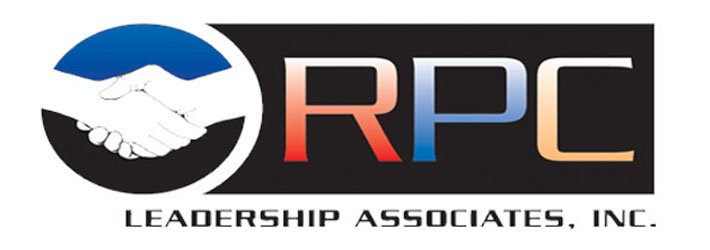…put our Time and our Knowledge to the Proper Use.
Time Management is one of the more important and popular leadership topics I am asked to speak about in my seminars. Knowledge, as a function of effective decision-making and communications, is integrated into nearly every workshop I facilitate. It occurs to me addressing both in the context of the quote by Thomas, J. Watson, former Chairman and CEO of IBM made sense in today’s time and knowledge strained business environment.
We’ve all heard the expression “Time is Money”. We know money is either spent or invested. When we invest money we expect a return on our investment. When we spend money, we consume what we buy as a one-time event. Time is no different in the sense that it, like money is either spent or invested. When we spend time, we never get it back as it is a one-time event. When we invest time, we have an expectation of some level of return for the time invested. The difference between spending time and investing time is the presence of goals. When time is used towards accomplishing our goals, we are making an investment in our personal and professional future. When we do not have goals, time used is spent on one-and-done events, which literally do little to advance our future.
We live in a world that is information-rich and knowledge-poor. We can get content from anywhere through the wonders of modern technology and the plethora of data sources available to us in real time. However, it takes a level of understanding and time to put the content into a context resulting in sustainable leadership decisions. It is knowledge which helps leaders know when and where to effectively leverage their leadership skills. When leaders rely only on information, as far too many do in my experience, their decisions have limited effectiveness for their organization. True knowledge-based decisions and communications provide deeper meaning and understanding for all in the organization.
The implication to today’s leader is clear. They are increasingly challenged where they invest time and deal with volumes more information to convert to knowledge than existed in the days of Thomas J. Watson. However, the need to properly invest time and knowledge has never been more important. The key element to both is having clear, written goals that align to the leader’s purpose and vision in a very specific, measurable and time-bound manner. In this way, time is invested towards goal achievement and only relevant information becomes knowledge to achieve desired results.
It is wisdom that forms the foundation of sustainable leadership. Wisdom based on the effective investment of time and the efficient use of knowledge to become life-long leaders. How are your goals taking you down the road to Wisdom?
Lead Well!

